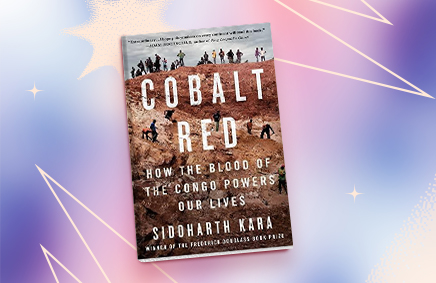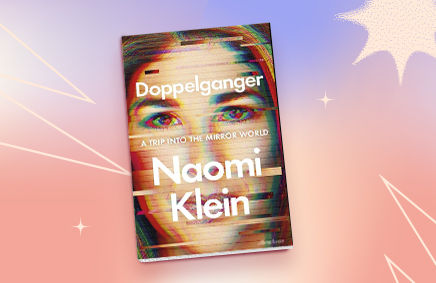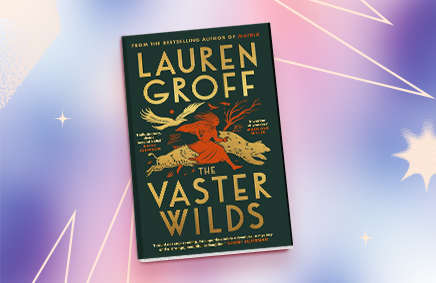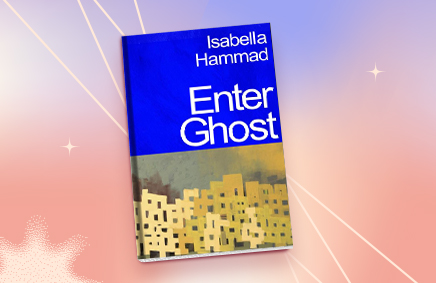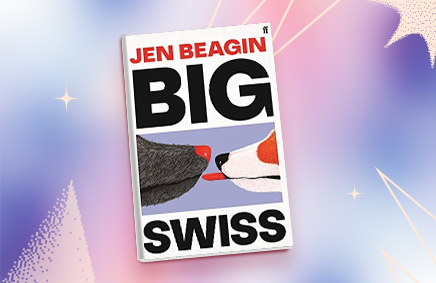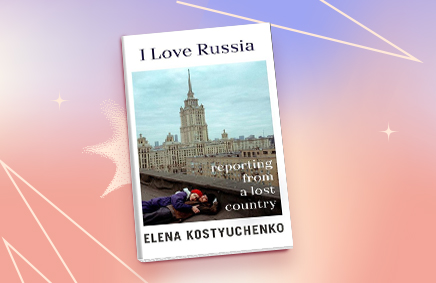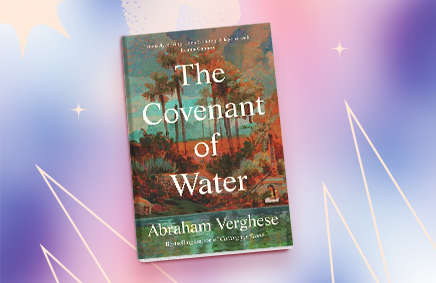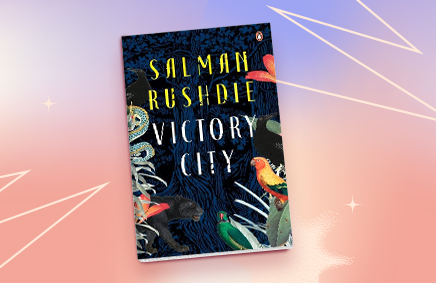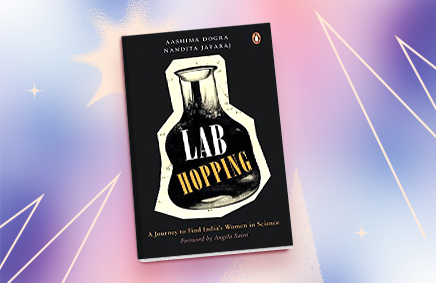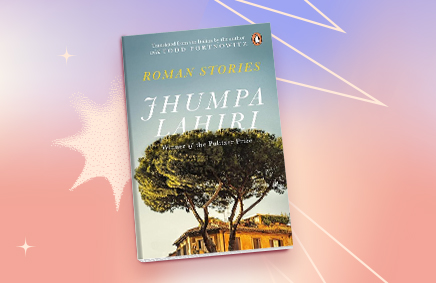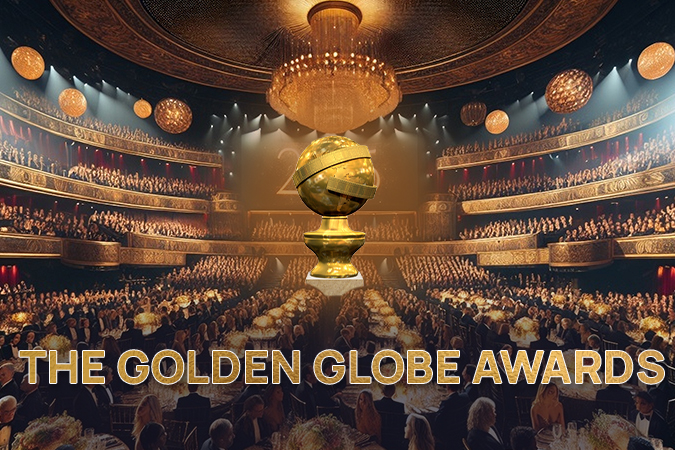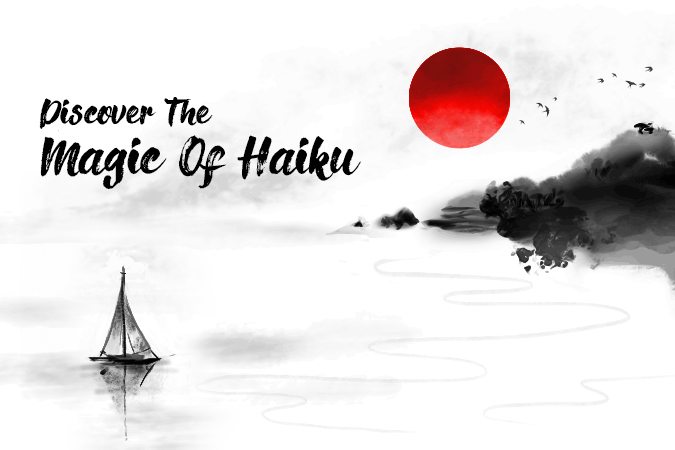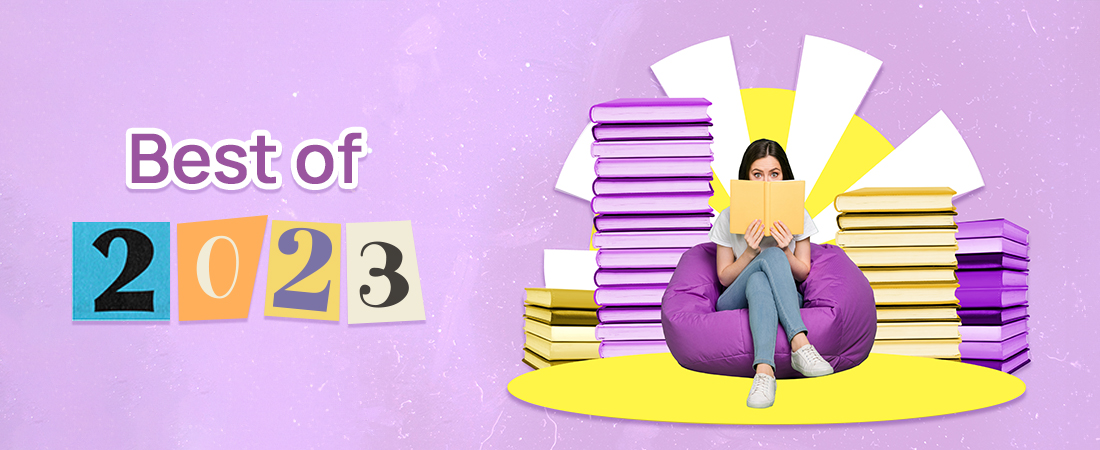
Best books of 2023 for your TBR list! (How many have you read?)
2023 has been a strange year, a year of incongruous events, when Twitter transformed its identity, scholar-turned-diplomat Henry Kissinger, Pakistan’s last dictator President Pervez Musharraf and former Chinese Premier Li Leqiang passed to the afterlife, several devastating earthquakes shook the planet as did two ongoing wars. All of these has served into making year-enders a painful reminiscence.
The only hope is that the year has offered us a medley of literary hits that are going to top the charts for a really long time to come.
Doorstoppers and romantasy sagas met the moment, offering a soft, rain-drenched refuge in a vast tract of parched, crude terrain. Bookscape’s editorial team has put together this little list of the best reads of 2023.
Author: Siddharth Kara
Electricity seems like a boon given it’s the “green-er” alternative to oil. In Cobalt Red, Siddharth Kara investigates if the grass is really greener on this side of fossil fuel mining. Reality can be electrifying in its gruesomeness — the quest for powering smartphones, computers and electric vehicles with rechargeable batteries is replete with modern-day slavery, child labour and horrific work accidents that result in crushed limbs and spines if not death.
Batteries are produced with cobalt, a metal with ample reserves in the Democratic Republic of Congo. This metal is mined in inhuman conditions where “artisanal” cobalt mines are code for tunnels that collapse all the time, burying alive little children who have likely been abducted, trafficked or exploited, often in very violent circumstances. The book investigates the grim circumstances surrounding how companies clean up their supply chains with penny-wage, perilous production.
Author: Naomi Klein
We often hear of the belief that we all have a doppelganger — a German term translating to “double walker” — in the world somewhere. Even celebrities have been known to run into their duplicates who share an uncanny resemblance with them. But Naomi Klein, the climate activist and leftist journalist finds herself at odds with constantly being confused with Naomi Wolf, a rabid anti-vaxxer who was a liberal feminist writer in her past avatar. Both women have several similarities being writers, dark-haired, writing about society and culture.
The constant mixup inspires a Twitter mnemonic that captures the phenomenon: “If the Naomi be Klein you’re doing just fine / If the Naomi be Wolf, oh, buddy. Ooooof.” But Klein’s new book is not just regurgitating social media rhetoric. Instead. She uses Doppelganger as a cultural critique and uses Wolf as a symbolic representation of climate change deniers, skeptics, conspiracy theorists and QAnon devotees. She masterfully dissects the “intellectual and ideological mayhem” of the far right and tears open the doubling that distorts and dissociates from reality. In Klein’s own words: “It all would be so ridiculous— if it weren’t so serious.”
Author: Lauren Groff
There’s hope in the bleakest hours as can be said of our heroine, a young English servant girl. Her cunning, a few possessions and her devoutness to God are her only belongings. When life takes her to colonial America, this terra incognita is beyond the limits of her imagination. As she flees the Jamestown colony she is taken to during the Starving Time, she is determined to survive against all odds. This is “she’s” (real name Lamentations Callat, mockingly referred to as Zed) story of grit as her faith is tested when she is pitted against the punishing climate, starvation, sickness and the fear of being captured by savage men and creatures.
Great for historical fiction and literary fiction lovers, the stark portrayal of the existential miseries and exigencies of starvation. In the untold miles, she is faced with Biblical visions and allusions to the stories of Job and Jacob that gives her a gnostic wisdom till she finally comes to rest in a way neither she nor we can foresee. This is a survival story that is much like a slow, frozen burn with a shocking reveal that soars into the metaphysical. It also paints a portrait of the American landscape not often seen from this perspective.
Author: Isabella Hammad
It’s often observed that the greatest art is produced in times of great turmoil. This art can be cathartic and help people cope with the strife that plagues the world even if it cannot save us. Hammad captures this feeling in this novel which examines the complex layers of Palestinian identity and experiences, masterfully mirroring elements from Shakespeare’s Hamlet onto the backdrop of Britain, Palestine and Israel. The story weaves in family drama, war, oppression and a woman who is struggling with her identity.
The central characters are Palestinian sisters Sonia and Haneen. Sonia is a metaphor for Palestine. Her stage persona, Gertrude, is also potentially representative of nationhood. Haneen and Mariam are respected as teachers and women with agency in what might be regarded as a man’s world. If the younger generation are female, the family’s elders are men, reflecting Palestine’s armed struggles over half a century. While it is definitely interesting to see Ophelia portrayed as a suicide bomber, the overall energy of the novel reflects the cataclysmic circumstances of the Bard’s most lamentable tragedies.
Author: Jen Beagin
This novel has been made into an HBO series, where we have two main female protagonists: 45-year-old Greta and 28-year-old Flavia who Greta calls Big Swiss (as she is a tall woman with Swiss roots). Their lives intertwine through Om, a New Age self-professed sex coach. Greta is a former pharm tech who transcribes Om’s sessions, which grants her a peek into some deep, dark secrets of people in Hudson, New York. She learns that Flavia is a married gynecologist who never had an orgasm. They meet at a dog park where Greta recognizes Flavia’s voice and they start an affair, without Flavia knowledge of the other being aware of her trauma.
The two quirky protagonists are fighting their own demons but the tongue-in-cheek style of writing keeps even the therapy sessions light-hearted. Big Swiss is an irreverent read and will be right up your alley for those who like candid female-oriented cringe comedy. It is a playful exploration of love, kink and obsession.
Author: Elena Kostyuchenko
Kostyuchenko started as an intern at the Russian independent newspaper Novaya Gazeta (2005) when Putin’s Presidency had just begun. But underlying the consumer boom hides the trauma of a people that are known for their hardiness and resolve to survive in one of the harshest climates, if not economies. This heartbreaking novel is based on an experience she had living for two weeks inside a state-run facility for those with psychiatric and neurological disorders. I Love Russia is a memoir of reportage that is considered her masterwork.
In February 2022, Kostyuchenko was one of the few Russian journos to report from Ukraine’s war zone. Her reports were often tinged with guilt and the sheer hopelessness surrounding that guilt. She was in Germany when a poisoning attempt was made, which is suspected to be an act of Russian aggression. Kostyuchenko’s writings are an exercise in dealing with Russia’s slow but sure descent into fascism.
Author: Abraham Verghese
Oprah’s 2023 Book Club pick…this novel is about a 12-year-old Mariamma led off to marry a 40-year-old widower with a young son on India’s Malabar Coast in the year 1900. Hailing from a Malayali Christian family, Mariamma or Big Ammachi (which means Big Mother that prophesied her role as matriarch) and her extended family suffers from a strange malady involving an aversion to water. This medical mystery ties together much of the narrative as the other characters Digby Kilgour, a Scottish doctor who joins the Indian Medical Services in British India and Dr. Rune Orquist, who devotes his life to the care of leprosy patients.
Though appearing very different, the different threads of the story are woven into one beautiful tapestry with themes of love, caste and poverty, agriculture and activism, of faith and courage. We experience the profound role of water in purification, transformation and the passage of time—an element that ties in the various threads of this poignant narrative.
Author: Salman Rushdie
Told in Rushdie’s flowing style, Victory City is a tale of an orphan girl who transforms into a demi-goddess, Pampa Kampana. She uses her powers to create the city of Bisnaga, a multicultural melting pot from magic seeds. While this mythical kingdom seems to be inspired by the Hindu empire of Vijayanagara, draws parallels to the issues plaguing many modern terrains – incompetent leaders, lack of strong contenders and reformers, religious fanaticism, patriarchal social structure and damage by splinter factions.
Victory City is a historical fantasy tale whose worldbuilding captures the trajectory of success, destruction and rebirth of the creator and sustainer of a city of dreams. With a time-worn epic-like quality, this reads like an instant classic.
Author: Aashima Dogra, Nandita Jayaraj
This book is all about the wins and challenges of Indian women in STEM. With inspiring stories from the science sisterhood, it is an extremely nuanced take on the cultural and institutional changes that need to take place for science in India to become a safe and inclusive space for women. The name of the book is based on a cross-country tour by authors Aashima and Nandita in 2016, where they visited laboratories (dubbed as “lab hopping”) and conversed with renowned scientists like Kiran Mazumdar-Shaw, Rohini Godbole, Gagandeep Kang among others who were still starting out in their scientific careers.
Thought-provoking and eye-opening, this book takes a hard look at the representation and retention of women in science. Not only do we witness how women are systematically tracked away from science through limiting access and opportunities, we also learn the need to update policies that solve the STEM gap equation to make these fields more welcoming for women.
Author: Jhumpa Lahiri
In classic Jhumpa Lahiri style, this collection of stories has a muted elegance that slowly glows with transformation as is noted at the start with her debt to Ovid. A sense of loss and a pensive mood underpins the spine of the stories. The author has moved to Rome with her family and this book was written in Italian (translated by the author and Todd Portnowitz). She highlights the experiences of “outsiders” who are subject to discrimination, xenophobia and racism in modern-day Italy.
“The Delivery” and “Notes” chronicle the experiences of isolated women who were subject to hate crimes, neither felt that reporting them would bring perpetrators to justice. “The Boundary” is an account by the child of the caretakers of a rural holiday home, who moved there following a brutal attack on her father. These and similar stories make up this collection of tales that are bitter meditations on exile and estrangement.
Also read: The Very Best Fiction Book List Of 2023

